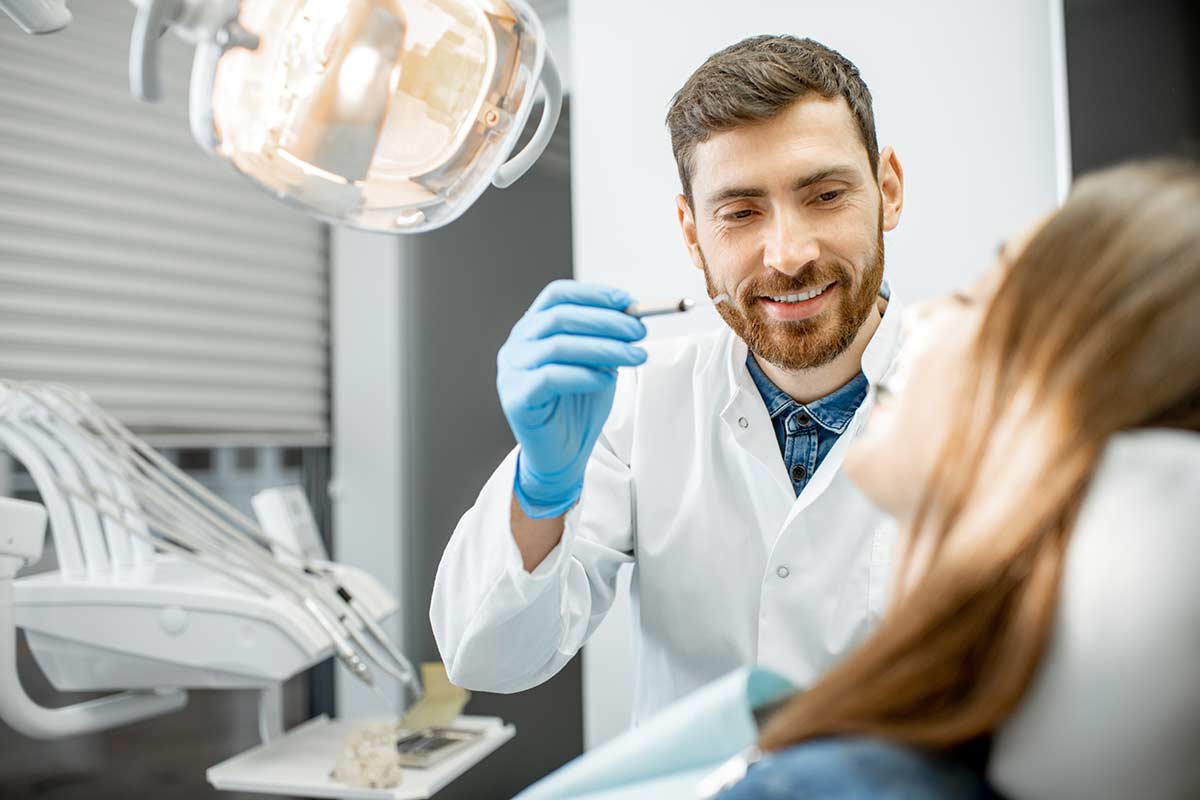Too many people miss the warning signs that seemingly minor problems can result in a full-blown dental emergency when left untreated. Some people shrug off bleeding gums, missing fillings, and even a hairline fracture of the jaw after an accident. Believing the body’s healing powers will someone overcome infection or other ailments ultimately puts their health at risk.
The team of experienced professionals at Lovett Dental North Heights wants our Houston community members to understand that minor health issues can escalate quickly. That’s why it’s essential to recognize how dental emergencies occur and the telltale signs that indicate you need to see a dentist for a dental exam.
What Constitutes a Dental Emergency?
In a generic sense, anything that involves trauma, excessive bleeding, or puts your health at risk can reasonably be called a dental emergency. However, this broad definition may lead some people to seek treatment for issues that are not necessarily emergencies. Many fall into the category of “urgent dental” treatment.
The core difference between the two stems from one requiring prompt treatment because the symptoms prove life-threatening. The other calls for making an immediate appointment and getting seen at a dentist’s office within a short span. When someone asks, “what is a dental emergency?” The answer is that your life may be in danger.
People who do not work in the dental or medical fields often don’t possess the knowledge or training to distinguish the difference. Considering asking yourself the following question?
- Are you experiencing severe pain or bleeding?
- Have you recently lost an adult tooth?
- Do you have a loose adult tooth?
- Are you suffering from an infection in your tooth, gums, or surrounding bone structure?
- Have you noticed swollen gums or swelling of the face?
If you answered yes to any of these questions, call a dentist immediately. A dental professional can discuss the severity of the symptoms and determine whether you need urgent care or emergency treatment.
What are the Different Types of Dental Emergencies?
A great deal of gray area exists about dental emergencies, and missteps remain a common problem. For instance, a damaged tooth could qualify as urgent or an emergency. A cracked tooth that doesn’t cause you pain probably can wait a day or two, making it urgent. But a chipped tooth with sharp exposed edges can cut the gums and result in an infection. That may qualify as an emergency. These are other examples of dental emergencies worth considering.
- Lost Tooth: When a tooth gets inadvertently knocked out, a dental professional may be able to save it. Collect the tooth, avoid contact with the open gum, root area, and contact a dentist. By treating this situation as an emergency, a dentist may be able to employ procedures and reinsert it.
- Abscessed Tooth: This ranks among the most life-threatening dental conditions. An abscessed tooth may be rife with an infection that can spread to the jawline. Keep in mind, the brain resides inches away. If you experience an ongoing toothache, sore lymph nodes, fever, or swelling, this constitutes a full-blown dental emergency.
A dental emergency does not usually happen without accompanying signs. People typically experience things such as tooth numbness, headaches, swollen jaws, feel exhausted, or the taste of metal in your mouth in conjunction with the severe dental condition. These telltale signs should set off a warning to contact a dentist immediately. To stop problems before they start, we recommend the following services:
- Family dentistry
- Cosmetic dentistry
- Emergency dentistry
Contact Your Houston Dentist If You Have a Dental Emergency
Determining whether you have an urgent need for an office visit or a life-threatening dental emergency should not be left to non-professionals. Any form of pain, discomfort, or tooth damage calls for a discussion with a certified professional. If you experience any of the signs or symptoms that point to an underlying condition, don’t allow a minor problem to escalate. Contact Lovett Dental in Houston today and make informed decisions about your health and well-being.






